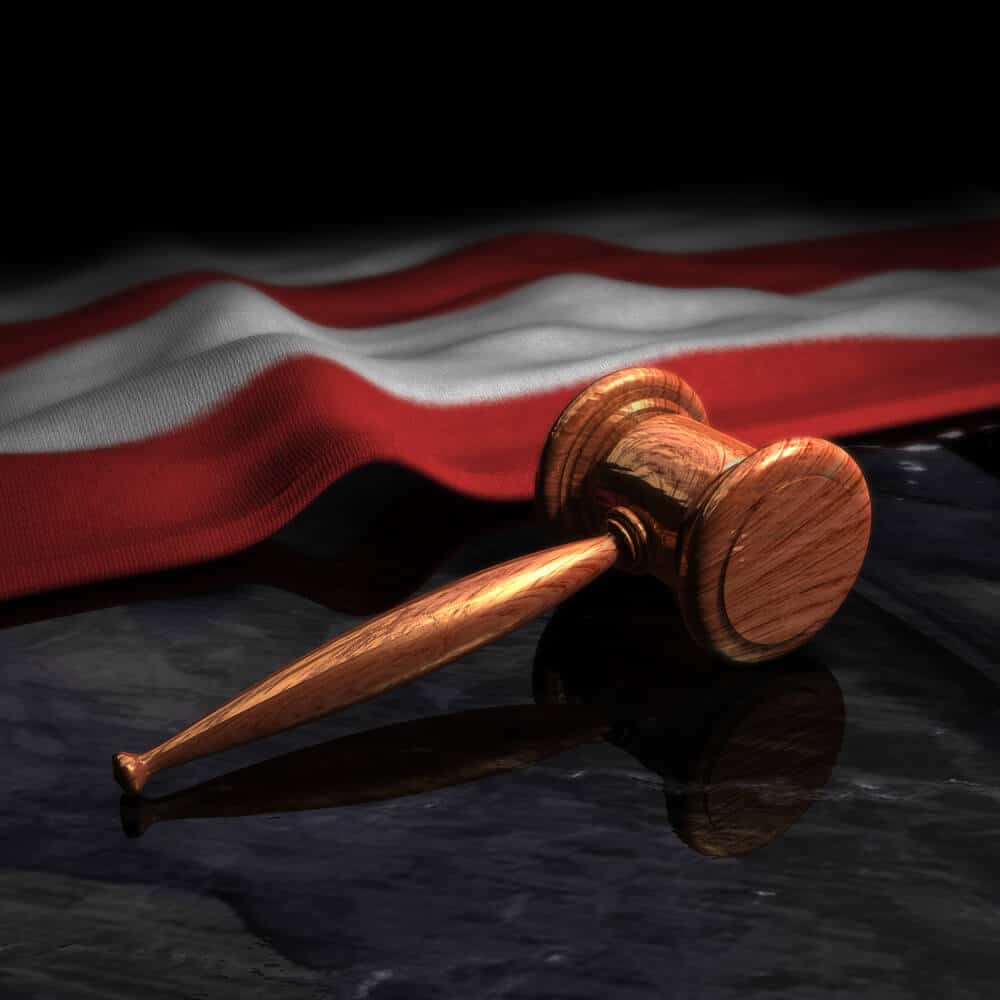In most cases, filing for bankruptcy is straightforward if you meet the requirements. While it’s rare for a borrower to have to go trial, disputes can emerge from creditors or trustees. If there is a dispute, a bankruptcy judge will step in and resolve the conflict.
If a dispute has arisen during your bankruptcy case, read on with Groce & DeArmon to learn what you can expect.
Bankruptcy Litigation Types
Broadly speaking, there are two types of bankruptcy litigation: contested matters and adversary proceedings. These two types differ in complexity and how the court will handle them under the rules of the bankruptcy procedure.
Adversaries
Some litigation in bankruptcy cases must be handled as a separate case called an adversary proceeding. Similar to other types of lawsuits, the proceedings involve a plaintiff and a defendant, and will ultimately be decided by a judge or jury without prior settlement of the litigants. Any issue in a bankruptcy case can essentially be filed as an adversary proceeding.
Under the Federal Bankruptcy Procedure Rules, a few things must be resolved through the adversary process, including disputes to:
- Recover money or property (with certain exceptions)
- Determine lien interests on property
- Revoke a discharge
- Determine what debts are dischargeable
- Obtain an injunction — an order that stops a particular action
The rule includes other actions, as well. For more about adversary proceedings, reach out to the bankruptcy lawyers at Groce & DeArmon.
Contested Matters
Some issues in a bankruptcy case are simpler than others. In these situations, the court will resolve the problem as a contested matter. Examples include objections to proof of claims, objections to Chapter 13 plans, and motions to lift an automatic stay. If the disputes become complicated, a judge could turn the case into an adversary proceeding. After listening to both sides respond, the judge decides the matter through a hearing process.
Related Post: Common Complications When Filing Chapter 13 Bankruptcy
Appeals
Most decisions made in adversary proceedings and contested matters can be appealed. When the appeals are filed, the U.S. District Court or a bankruptcy appellate panel will typically review a bankruptcy court’s decision. Then, an adversary can appeal a case to the U.S. Circuit Court of Appeals, and eventually to the U.S. Supreme Court. Most lawsuits and cases are handled by a bankruptcy lawyer and don’t go directly to the U.S. Circuit Court of Appeals.
What’s Not Decided in a Bankruptcy Court
The bankruptcy court tends to deal only with issues of liquidation of assets and payment of debts. Divorce or child custody cases, personal injury matters, and probate matters are not usually decided by a bankruptcy judge.
Related Post: What Happens After Bankruptcy?
Get Help from a Bankruptcy Lawyer at Groce & DeArmon
If you’re considering bankruptcy and you’re concerned about the process, call a bankruptcy lawyer at Groce & DeArmon, P.C. Our attorneys have the experience to help steer you through the difficulties of bankruptcy filings. To set up a free consultation, you can reach our office at 1-800-640-3706.

